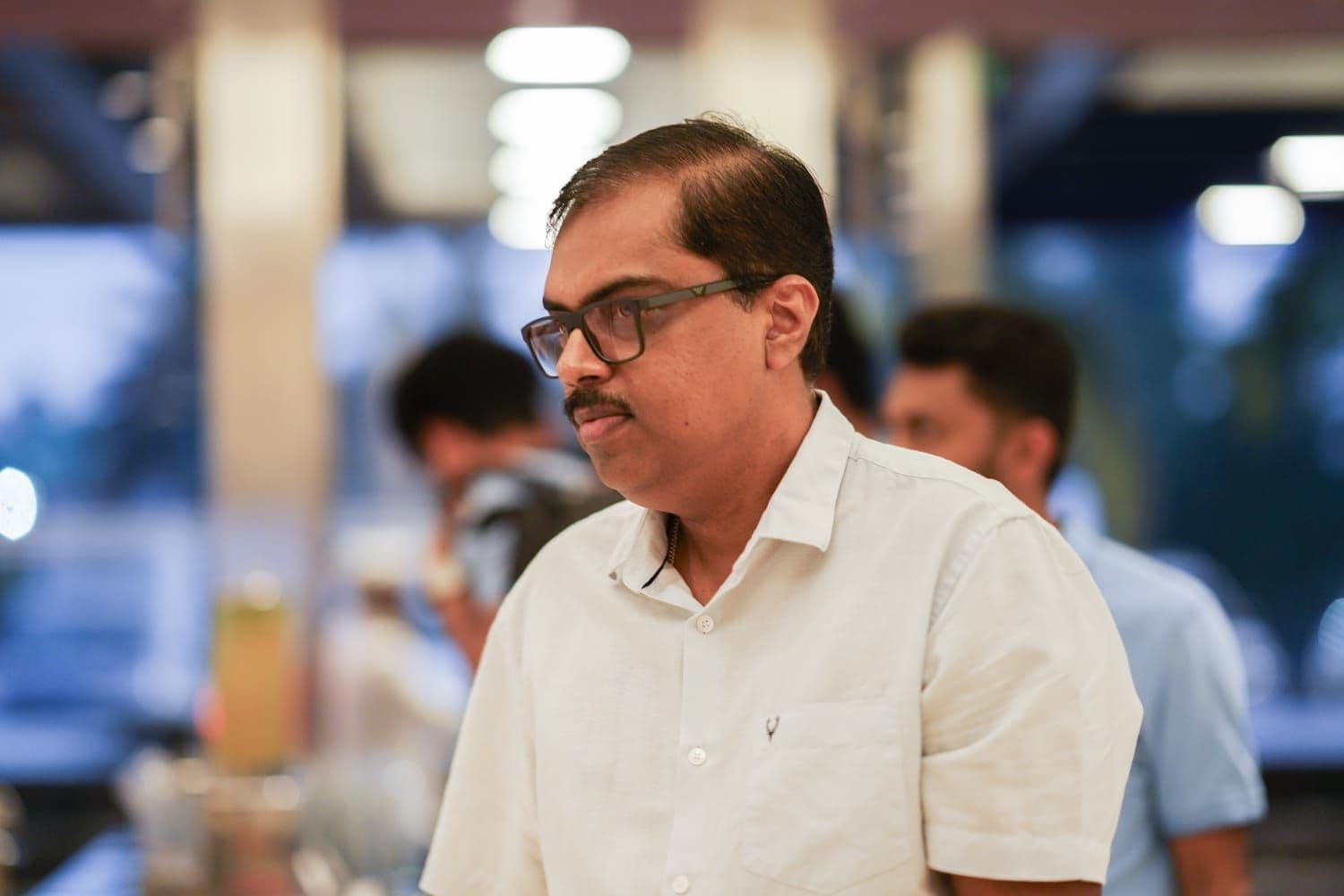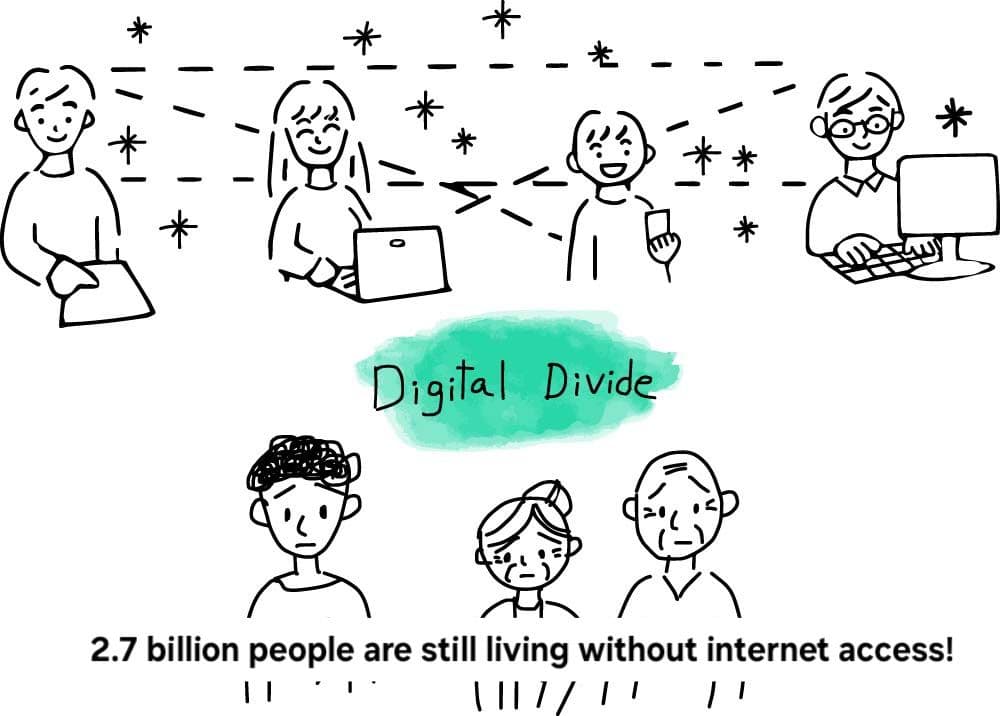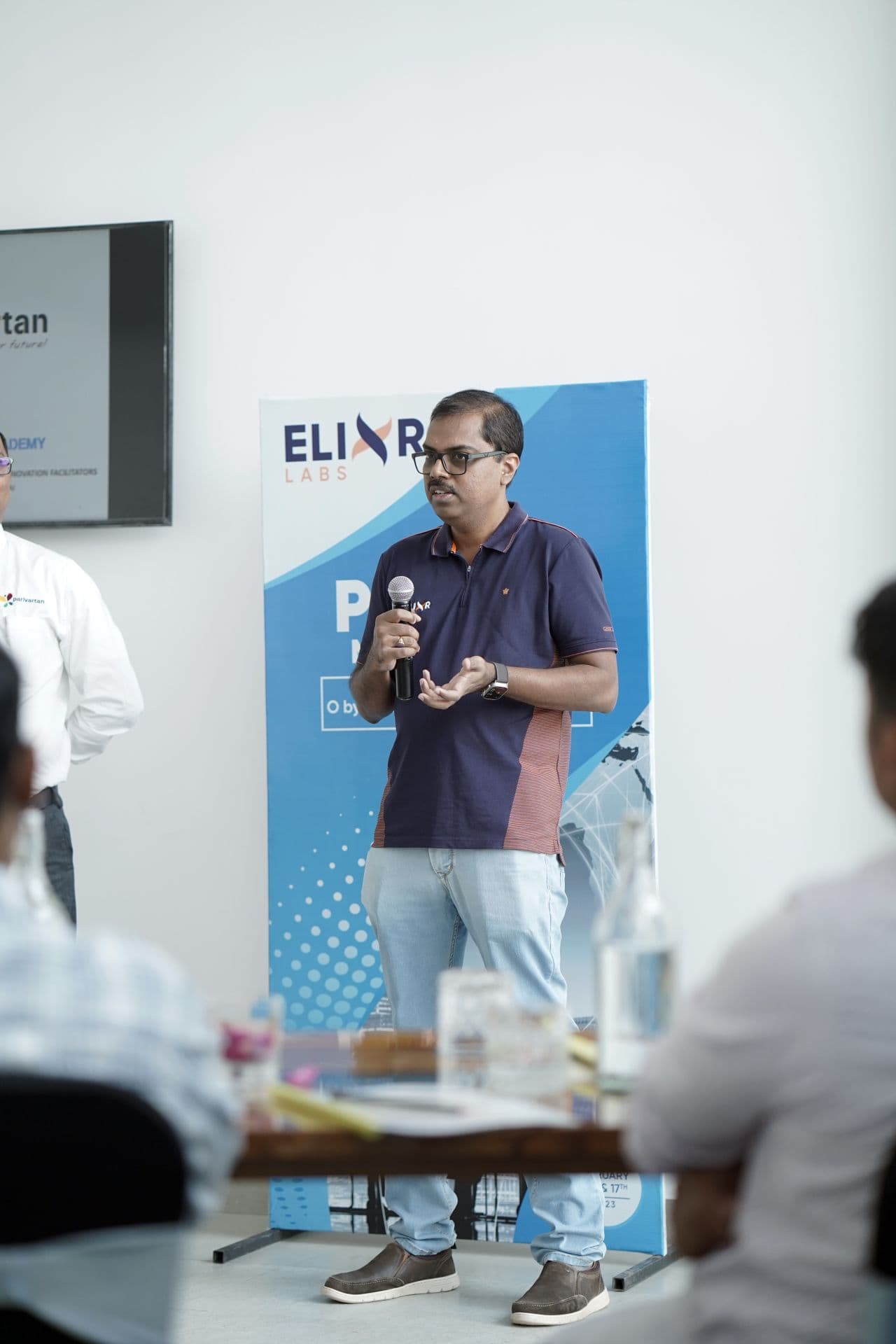
Every few months, a headline pops up that seems like something you’d hear in a science fiction story:
“AI Is Going to Replace Doctors.”
It grabs attention, starts discussions, and attracts clicks. But the real question is:
Should you believe it?
Let’s be clear, AI is quite capable. It can scan symptoms, analyse lab data, detect anomalies in radiology scans, and cross-reference medical theories faster than any human. It can understand millions of data points and find patterns most doctors wouldn’t even think to look for.
But medicine has never just been about data.
If it were, we could replace medical schools with machine learning courses and let Google handle our healthcare.
But we don’t, because the human body is not just a system to analyse, it’s a story that needs to be understood.
The Art Behind Every Accurate Diagnosis
Sure, AI can provide a probable diagnosis based on symptoms. But real medicine doesn’t stop there. A diagnosis is not simply the result of a symptom checker; it comes from a combination of intuition, experience, and careful observation.
Here’s what that looks like in the real world:
- A doctor notices a patient’s hand is trembling, something the patient never mentioned.
- A patient says, “I’m fine,” but their tone and body language say otherwise.
- The doctor asks questions that emerge from a gut feeling, sharpened by years of experience.
You can’t code that. You can’t automate that. Because sometimes, it’s not about what the patient says. It’s about what they don’t.
AI Has Speed, Doctors Have Perception
Artificial intelligence can process. It can sort, score, and recommend. But doctors perceive. And that’s the difference. That’s the art of medicine.
Every 10-minute consultation is followed by:
- 7 to 10 years of medical training
- Thousands of hours spent with real people
- The emotional intelligence to read between the lines
A machine can tell you what’s “likely.” A doctor can tell you what’s really going on.
Transforming Healthcare Through Human-AI Partnership
At Healthverse, we don’t see technology as a threat to doctors. We see it as a new way that amplifies what they already do best.
We use AI to:
- Remove unnecessary information from large amounts of health data
- Reveal insights that might have been overlooked
- Help make decisions by offering quick, evidence-based reports
At the end? That’s always human.
Because only a human doctor can connect the dots between your symptoms and your story. Only a human doctor can look you in the eye and say, "I believe you," or "Let’s explore this further."
The Real Question Isn’t “Will AI Replace Doctors?”
It’s:Can we build technology that respects the art of healing?
Healthcare isn’t just about getting a correct answer. It’s about feeling seen, heard, and understood. It’s about trust.Would you feel safe with a system that knows your symptoms but not your values, fears, or family history?
AI doesn’t know what your silence means. It can’t ask how your mother handled the same diagnosis. It won’t notice your tears when you talk about your pain. But your doctor will.
The Future is both Human-Centred and Tech-Enabled
The future of medicine isn’t about choosing one over the other. It involves both. Technology will help doctors become faster, smarter, and more accurate, but it won’t replace them.
At Healthverse, we’re building that future where AI handles the data, and doctors handle humanity.Where patients can connect with physicians for, first or second opinion, from the comfort of their homes, without losing what makes healthcare human-centric.
So the next time you hear someone say, “AI is going to replace doctors.” Ask them this: “Can a machine heal what it can’t feel?”
We’d love to hear what you think. Do you believe AI can ever replace doctors? Share your thoughts in the comments below!

How To Combine Traditional Medications With CAM for Optimal Health?

Trapped in The Digital Divide: How Lack of Internet Imprisons 2.7 Billion People Globally

Why Don’t Resolutions Work? Here’s How to Tackle the Real Problem
